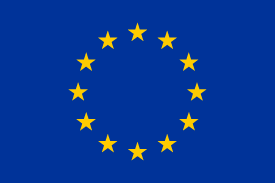
Project Description
Accurate and timely diagnosis, in-depth assessment and active surveillance of cancer is key in order to provide patients with the best possible clinical outcome. Traditional diagnostic and surveillance methods, however, often fail to provide enough information on the patients’ tumour status.
DNA is the genetic material that can be found in the nucleus of cells. In cancer patients, tumour-associated DNA is present in the bloodstream, not just inside the cells. The name of this DNA is circulating tumour DNA (ctDNA). Liquid biopsies, designed to detect circulating-tumour DNA (ctDNA) fragments are rapidly emerging as novel diagnostic tools with a variety of clinical applications to match the right patient to the right therapy.
Minimal residual disease (MRD) is the name given to small numbers of cancer cells that remain during treatment, or after treatment when the patient is in remission. MRD is the major cause for relapse. MRD assessment is the most promising application of the ctDNA biomarker because radiographic imaging is not sensitive enough to identify residual disease or micro-metastatic tumour growth.
The GUIDE.MRD project aims to:
- Assess available ctDNA assays for sensitivity, specificity, and predictive value in the adjuvant setting where MRD is indicative of disease progression.
- Clinically validate the top ranking ctDNA assays prospectively in patients diagnosed with nonsmall cell lung cancer (NSCLC), colorectal carcinoma (CRC) and pancreatic ductal adenocarcinoma (PDAC) and produce a patient-centric roadmap for the clinical implementation of ctDNA diagnostics.
- Determine the utility of ctDNA assays as prospective decision tools of clinical response and choice of multi-modal therapy including novel combination therapies.
To find out more about the project, please visit the official website of GUIDE.MRD


